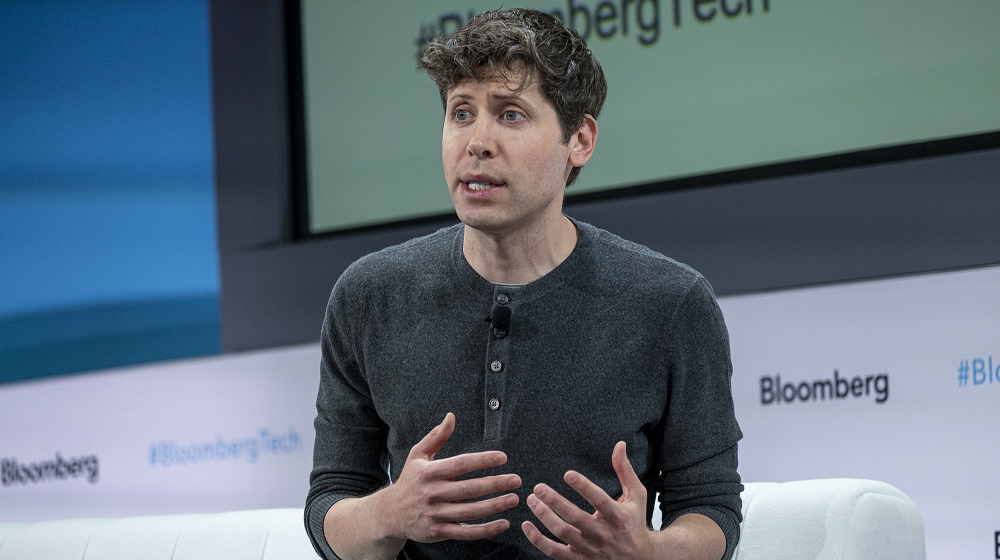Sam Altman, the CEO of OpenAI, the company behind ChatGPT, recently said that he sees a path towards the viral chatbot becoming a personal super assistant for all cognitive tasks. He shared this perspective during a conversation with Bloomberg while responding to a question about the impact of ChatGPT on his behavior.
Sam stated that ChatGPT has been beneficial to him in various small ways. He provided a few examples, highlighting how the chatbot was ‘a lifesaver’ during his recent travels to different countries around the world by aiding in translations. He also revealed that he relies on the chatbot whenever he’s writing something, “I write a lot, to never publish, just like for my own thinking. And I find that I write faster and can think more somehow, so it’s like a great unsticking tool.”
The OpenAI CEO didn’t elaborate further on how he envisions ChatGPT evolving into a cognitive super assistant. However, he did mention that he sees this as the major way the chatbot will influence his behavior in the future.
Another way to look at Sam’s statement is that he’s essentially discussing Artificial General Intelligence (AGI) without directly mentioning it. Earlier this year, in a blog post he had stated that if AGI is successfully created, it will help us elevate humanity by “increasing abundance, turbocharging the global economy, and aiding in the discovery of new scientific knowledge that changes the limits of possibility.”
“AGI has the potential to give everyone incredible new capabilities; we can imagine a world where all of us have access to help with almost any cognitive task, providing a great force multiplier for human ingenuity and creativity,” he further added.
The post also highlights the risks of AGI and what OpenAI could to do to address them.
The ChatGPT maker has never really shared any details on when they think they could achieve AGI, which they define as AI systems that are generally smarter than humans. But they have recently filed trademark application for GPT-5. The application doesn’t really have anything new. It is pretty similar to the previous applications trademark applications (including the one for GPT-4) but it has sparked speculation about AGI once again, without any official word from the company.
In a tweet earlier this year, Siqi Chen, a well-known angel investor and the founder of a fintech/software startup Runway Financial, citing an anonymous source, had said that OpenAI will achieve AGI with GPT-5. He had also said that the company is expected to complete the training for GPT-5 by the end of the year.
During the interview with Bloomberg, Sam Altman also discussed relationships with chatbots. When asked about his thoughts on people forming emotional attachments to chatbots, he expressed his view that he finds it strange, “I don’t want it for myself. I have a lot of concerns. I don’t want to be the kind of person telling others what they can do with tech, but it seems to me like something you need to be careful with.”
If a future version of ChatGPT manages to achieve AGI or carry out cognitive tasks as Sam suggested, it would make it even more probable for people to form a connection with the chatbot. It remains uncertain if society is prepared for such a transformative landscape. However, OpenAI isn’t the sole contender in the pursuit of AGI. Numerous others are engaged in the race, including Google, which is also reportedly experimenting with an AI-powered life coach that could help people with 21 types of different tasks and advice.






